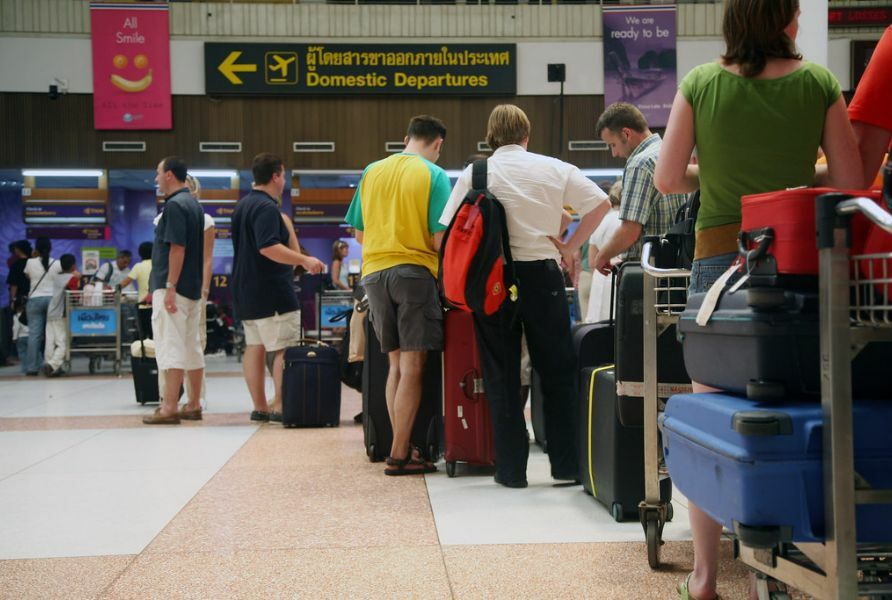Chinese tourism boost: TAT aims for 5 million visitors despite real estate woes

Despite concerns surrounding China’s current real estate market downturn, the Tourism Authority of Thailand (TAT) remains optimistic about its prospects of attracting 5 million tourists from the Asian country in 2021. As travellers continue to save for overseas trips during the ongoing pandemic, TAT governor Yuthasak Supasorn anticipates Chinese tourism will see a surge, with Chinese tourists will be eager to explore international destinations.
The agency’s target of 5 million visitors from China represents 50% of the 2019 figure, which recorded approximately 10 million arrivals. Given China’s vast population of over 1.4 billion, this goal appears achievable. In fact, from January to May, more than 1.1 million Chinese tourists visited Thailand.
To further support inbound Chinese tourism, TAT has initiated discussions with the Consular Affairs Department to facilitate visa applications and document verification for Chinese travellers. In an innovative move aimed at boosting domestic tourism, TAT also plans to introduce “superstition” tourism as part of its offerings – a concept designed to pique the interest of short-haul tourists, including Chinese visitors. This new venture is expected to bring in 15 billion baht (US$480 million) in 2021, a substantial uptick from 10.8 billion baht (US$346 million) in 2019, reported Bangkok Post.
During difficult times, people seek moral support more than ever, and this demand aligns well with Thailand’s local culture and beliefs that can be leveraged for economic value. As a result, TAT intends to launch 12 superstition Chinese tourism routes in each region and hold a special event called “Amazing Muteverse” from June 30 to July 2 at CentralWorld.
With the global superstition tourism market predicted to triple in size by 2033, reaching a value of US$40.9 billion, there is significant potential for growth in this sector. Yuthasak is confident that the weakening yen against the US dollar will not deter Thai tourists from travelling abroad, as the local currency has also experienced fluctuations.
Latest Thailand News
Follow The Thaiger on Google News:
























